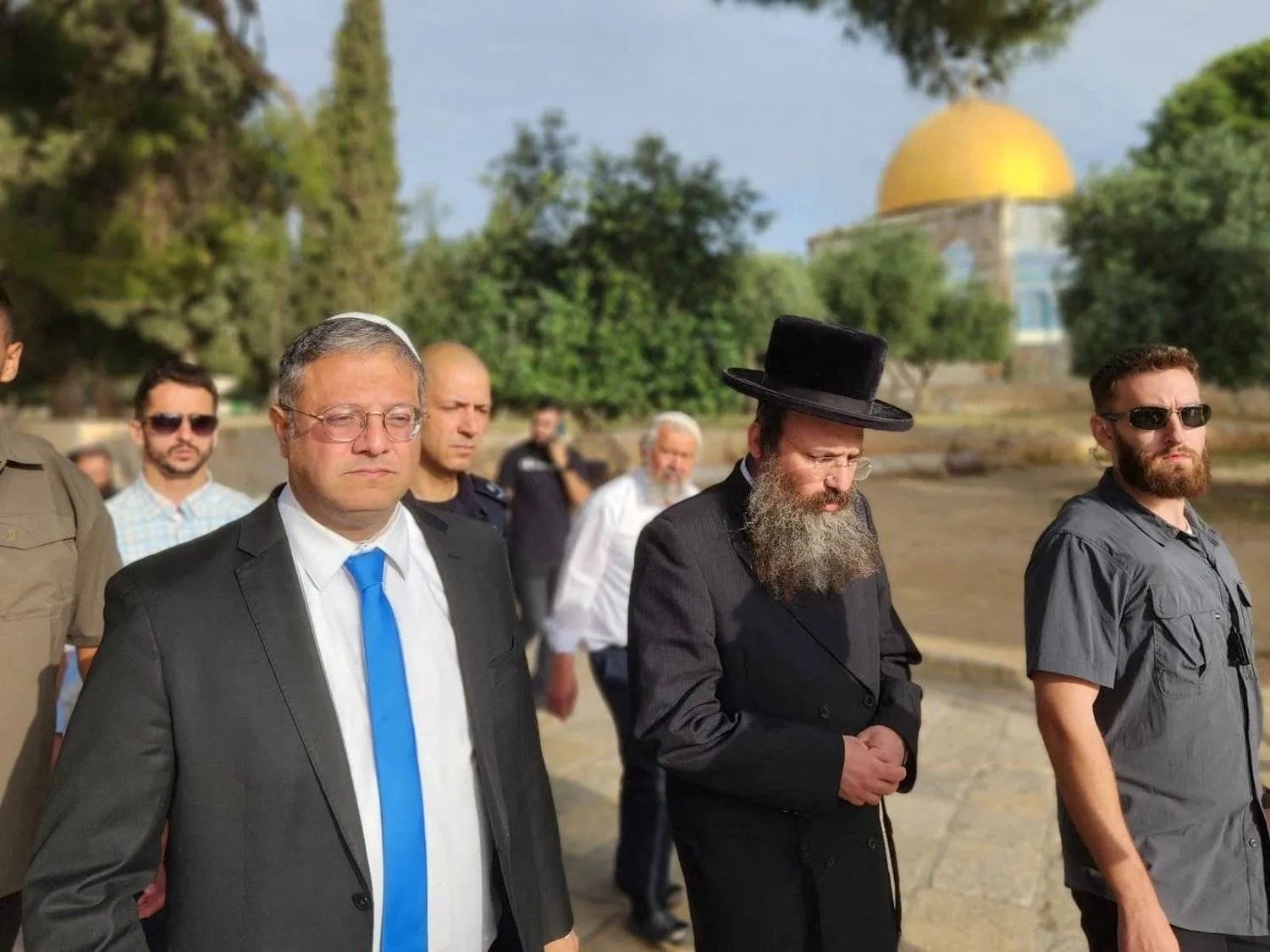The Executive Committee of the Organization of Islamic Cooperation (OIC) held an extraordinary open-ended meeting at the headquarters in Jeddah at the request of Palestine and Jordan to discuss the dangerous developments in Jerusalem.
The participants stressed the need for practical steps to make Israel stop its attacks on the Palestinian people and end its violations of international and humanitarian law.
They said that Israel should not take any provocative steps in al-Quds that would prejudice the sentiments of millions of Muslims worldwide and threaten regional security and stability.
The Member States stressed that al-Aqsa Mosque is a pure place of worship for Muslims and that the Jerusalem Endowment and al-Aqsa Mosque Affairs Department, affiliated to the Jordanian Ministry of Awqaf, is the legal authority with exclusive jurisdiction to manage all affairs of al-Quds and organize access to it.
It affirmed the right of Palestine to sovereignty over East Jerusalem and that Israel has no right nor authority over Jerusalem and its Islamic and Christian holy sites.
The OIC condemned, in the strongest terms, the Israeli government's dangerous precedent by holding its meeting in a tunnel, one of the illegal Israeli excavations and tunnels network, near the Western Wall of the al-Aqsa Mosque.
The Israeli government held its meeting a few days after it approved its sponsorship of the so-called condemned flags-march. Protesters stormed the neighborhoods of the Old City of al--Quds under the protection of the Israeli forces.
The OIC called upon the international community and the Security Council to pressure Israel to stop its violations, stop its settlement expansion and all measures to change the legal and historical status quo in al-Aqsa Mosque.
They warned that it would further deteriorate the regional situation, holding Israel fully responsible for its provocative and illegal actions.
The Organization stressed the need to activate efforts aimed at achieving a comprehensive, just, and lasting peace based on international law and related to UN resolutions and the two-state solution that guarantees the establishment of an independent, sovereign, geographically contiguous, and viable Palestinian state based on the 1967 lines with East Jerusalem as its capital.
It asserted the urgency to stop all illegal Israeli measures undermining this solution.
The OIC Sec-Gen, Hissein Brahim Taha, said that the violations in Jerusalem coincided with a dangerous escalation in the frequency of Israeli crimes against the Palestinians, represented by the recent Israeli military aggression on the Gaza Strip.
Taha pointed out that the number of Palestinian martyrs over the past six months has risen to about 180, and hundreds of others injured.
The Secretary-General noted that it is inconceivable that Israel always acts as a state above the law and commits its crimes and aggression against the Palestinian people, their land, and holy sites.
He reiterated the international community's responsibility to end Israeli violations as a threat to international peace and security.
For his part, the Saudi Deputy Permanent Representative, Hani Kashif, confirmed that the Israeli aggression violates the sanctity of al-Aqsa mosque and is a continuous provocation to all Muslims.
Kashif asserted the need to quickly develop practical solutions to stop these encroachments and spare the region the scourge of conflicts and confrontations.
He pointed out that at the 32nd Arab League summit, the political and diplomatic efforts of Saudi Arabia and state members resulted in a typical Arab position on the Palestinian issue.
For his part, Palestine's Permanent Representative, Ambassador Maher Karaki, demanded a clear international position to stop Israeli violations.
He asserted that East Jerusalem is an inseparable part of the occupied Palestinian territory, stressing that Israel's impunity encourages more attacks and crimes against the Palestinian people, Jerusalem, and al-Aqsa Mosque.









